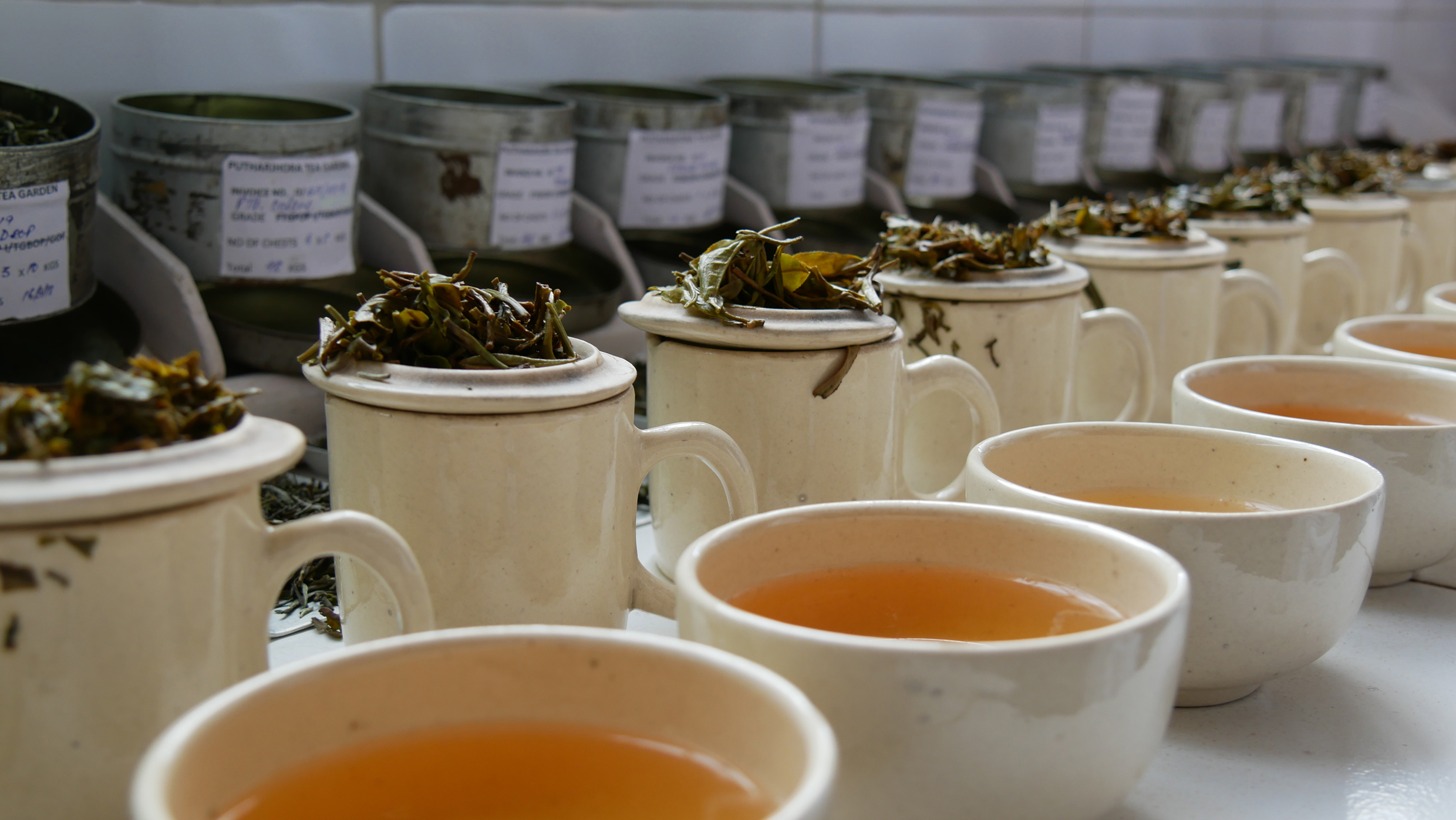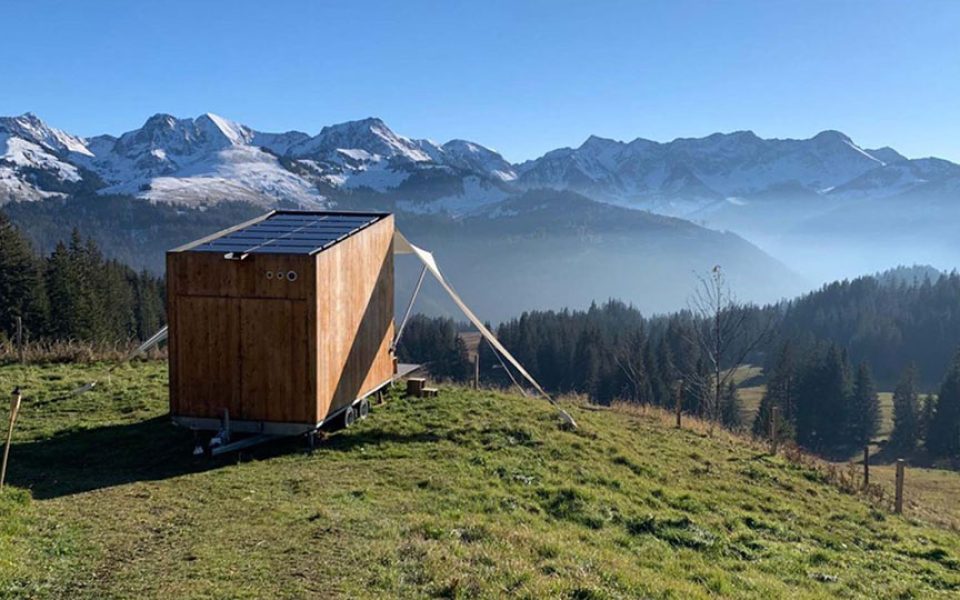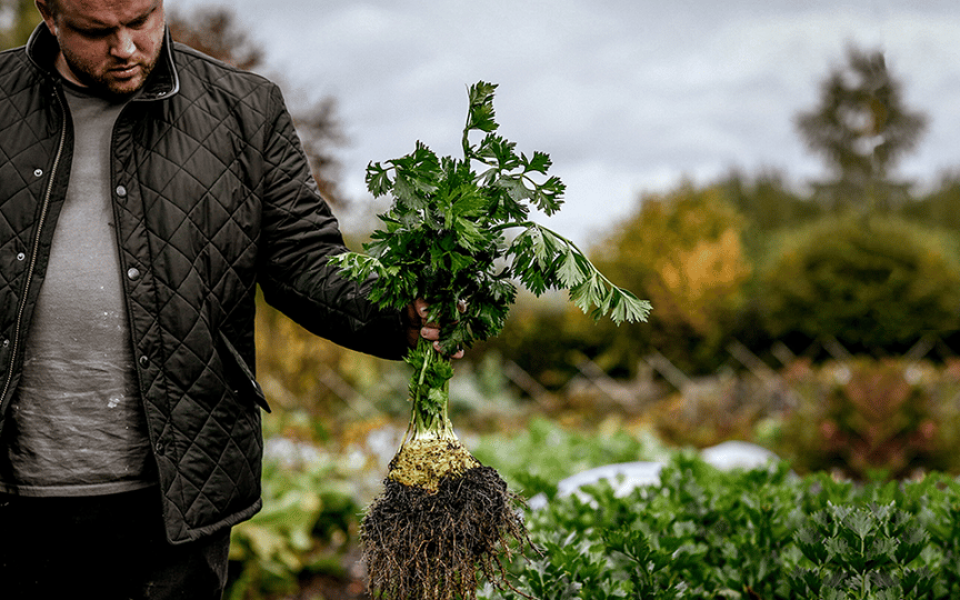A total of 24 black teas were tested, ten of which were organic. In the individual categories, GEPA scored “very good” for “ingredients” and “test result other defects”, while the category “tea cultivation and transparency” was also rated “good”. ÖKO-TEST has also certified GEPA’s strategy for living wages and the existence of fair and safe working conditions. In contrast, five conventional co-providers received the overall grade “unsatisfactory”, including two with the grade “poor” in the individual category “Tea cultivation and transparency”. All fourteen conventional teas contained the pesticide glyphosate. In addition to the laboratory results, ÖKO-TEST presented the providers with a comprehensive questionnaire on social and ecological corporate responsibility. The providers had to substantiate their answers with meaningful evidence.
Tea Promoters India: Pionier and Partner of GEPA since 33 years
The socially committed company Tea Promoters India (TPI) supplies and processes the raw materials for the “Organic Darjeeling Black Tea 100g”. It has been working with GEPA since 1990. TPI offers 100 percent fair trade organic tea. GEPA Managing Director Peter Schaumberger: “GEPA and TPI have done pioneering work in cooperation with Naturland. The cooperation has a model character and contributes significantly to the further establishment of Fair Trade. Organic cultivation now accounts for the majority of tea cultivation throughout Darjeeling.” With the support of the organic association Naturland, GEPA and TPI established the Samabeong plantation as one of the first certified organic tea gardens in Darjeeling.
Peter Schaumberger: “In general, we are constantly working with our partner organizations to optimize opportunities, minimize risks and jointly support the further development of local people.”
Significantly better promotion prospects in tea cultivation
The living conditions of the people in Samabeong have improved significantly since cooperation began in 1990. Kumari Bhujel is an example of this: she was a tea picker and has risen to become a supervisor. She is 48 years old and has two sons. “My husband works in the tea factory in Samabeong. After TPI took over the tea garden, everything got better, since then we have a regular income and our children can go to school locally.” Particularly important is the secondary school, which is open to all children in the region and was built with the support of GEPA (now in state hands). In order to promote sustainable tourism in the region and create additional jobs, two guest houses have been built since 2018. Solar power is now also used for streetlights. Small farmers’ cooperatives in Darjeeling and Kerala also receive significant support from TPI in tea cultivation, for example by providing tea plants and advice.
Also a pioneer in workers’ rights and co-determination
TPI is also a pioneer when it comes to co-determination: tea workers and pickers were represented in the joint body with the management from the very beginning and had a say in the social measures. The first manager of the Samabeong tea garden was a trade unionist and established the co-determination model.

Women in management positions
Bhawana Rai is the manager of the Samabeong tea garden. This makes her the first woman in the whole of India to take over the management of a tea garden. In general, it is very unusual for women to hold management positions in India.
(Source: TrendXpress)
Editor’s tip: Lacàph is passionate about Vietnamese coffee, sustainable and direct from the farmer.





